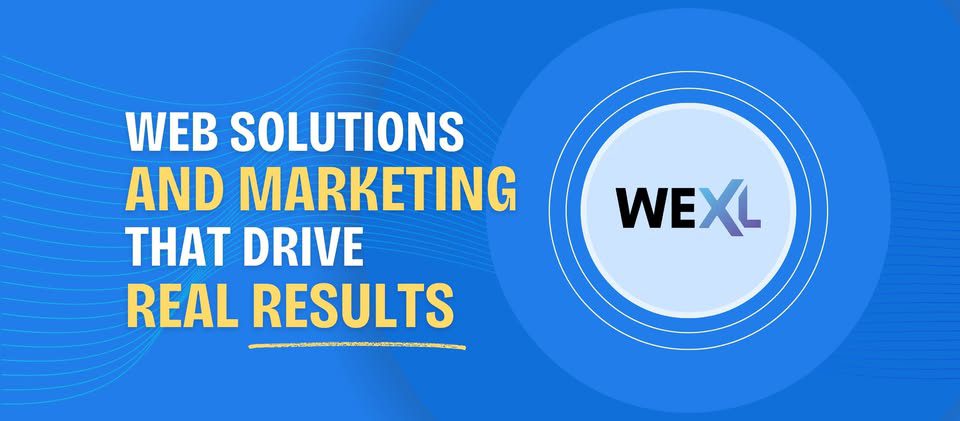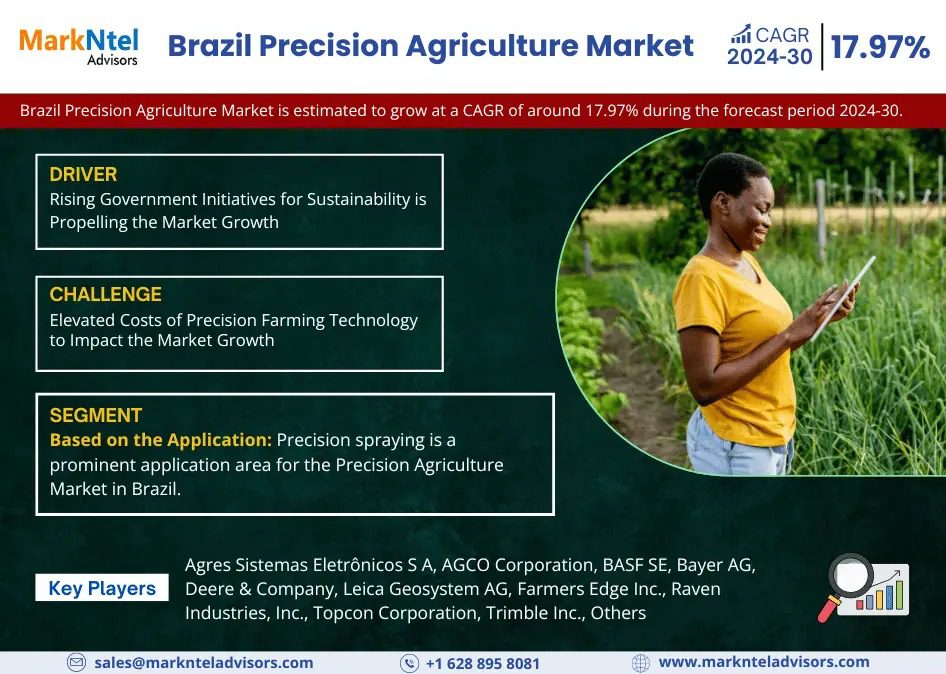
As decentralized finance (Defi) continues to reshape the financial world, one of its most powerful offerings has emerged in the form of Defi staking. By allowing users to earn passive income on their crypto holdings without relying on centralized banks or intermediaries, staking has become a go-to strategy for both newcomers and seasoned investors in the blockchain space.
In 2025, Defi staking is more accessible, diverse, and secure than ever before. This guide will walk you through what Defi staking is, how it works, the platforms you can use, its benefits and risks, and what the future holds.
What Is Defi Staking?
Defi staking refers to the process of locking up your cryptocurrency assets in a decentralized finance protocol to earn rewards. These rewards typically come in the form of interest, new tokens, or yield, and are generated by securing the network or providing liquidity.
Unlike traditional staking, which happens on proof-of-stake blockchains like Ethereum, staking in defi occurs on decentralized applications (dApps) and smart contracts that offer additional yield opportunities.
How Defi Staking Works
At its core, staking involves holding or locking a certain amount of cryptocurrency in a smart contract for a specific period. This locked amount contributes to the network’s operation, whether by validating transactions (in PoS systems) or providing liquidity (in AMM-based Defi platforms).
When you stake your tokens:
- You deposit them into a staking pool or protocol.
- They are used either to validate blocks (proof-of-stake) or to power smart contract functions like trading.
- You earn rewards, which may be based on time, amount staked, or protocol performance.
These rewards are typically distributed in the same token you stake or sometimes in a governance or utility token of the platform.
Why Defi Staking Is Popular in 2025
Several factors have contributed to the popularity of Defi staking:
1. Passive Income
With traditional interest rates still low, Defi offers a way to earn significantly higher returns on idle crypto assets.
2. Decentralization and Control
Unlike centralized finance, Defi allows users to retain control over their funds without middlemen or custodians.
3. Accessible to Anyone
You don’t need a minimum deposit, credit score, or even a bank account to participate. Just a crypto wallet and internet access.
4. Flexible Options
Many protocols now offer flexible staking terms—from short-term, high-yield options to long-term, stable interest-bearing models.
Best Defi Staking Platforms in 2025
The Defi ecosystem is vast, but some platforms have earned reputations for security, innovation, and high rewards. As of 2025, popular Defi staking platforms include:
- Lido Finance
Lido offers liquid staking, allowing users to stake ETH or other PoS assets while maintaining access to staked token derivatives (like stETH).
- Rocket Pool
This decentralized Ethereum staking platform lets users run mini validator nodes or pool funds with others, with lower minimums than solo staking.
- Aave
Aave lets users stake its native AAVE token for safety module rewards, while also earning yield through lending and borrowing.
- Curve Finance
Primarily known as a DEX, Curve also allows users to stake LP (liquidity provider) tokens for CRV rewards.
- Balancer
Balancer combines automated portfolio management with staking, letting users stake LP tokens and participate in governance.
These platforms have improved their smart contract audits, insurance coverage, and user interfaces in 2025, making staking safer and easier.
The Benefits of Defi Staking
Staking in the Defi space offers a range of attractive benefits:
High Earning Potential
APYs (Annual Percentage Yields) in Defi staking can far exceed traditional savings—often ranging from 5% to 50%, depending on the asset and platform.
Capital Efficiency
Thanks to liquid staking and LP tokens, you can earn rewards and use your staked assets as collateral or for trading elsewhere.
Network Participation
By staking, users help secure blockchain networks and participate in their governance, contributing to the ecosystem’s growth.
Diversification
Defi staking adds another income stream to crypto development company and can be combined with yield farming or lending.
Risks to Be Aware Of
As with all crypto investments, Defi staking comes with risks. In 2025, while many risks have been reduced through better regulation and audits, some still remain:
- Smart Contract Vulnerabilities
If the staking protocol’s code is flawed, funds can be exploited or lost. Always choose platforms with audited and battle-tested contracts.
- Impermanent Loss
If you stake assets in a liquidity pool and the token prices change significantly, your total value may be lower when withdrawing.
- Volatility
Crypto prices are still volatile. High APY returns can be wiped out by token price drops if rewards are in volatile tokens.
- Lock-In Periods
Some staking options require locking assets for a fixed term. Early withdrawal might result in penalties or forfeiting rewards.
How to Get Started with Defi Staking
Starting Defi staking in 2025 is straightforward, even for beginners:
- Choose a platform: Use trusted Defi protocols with strong track records.
- Get a wallet: MetaMask, Trust Wallet, or Ledger are good options.
- Buy or transfer tokens: Use an exchange to acquire the required crypto for staking.
- Connect to the dApp: Visit the Defi platform and connect your wallet.
- Stake your tokens: Select the staking option, review the APY, and approve the transaction.
Always start with a small amount and do your research.
The Future of Defi Staking
In 2025 and beyond, we’re witnessing the evolution of Defi staking in several key directions:
Real-World Asset Staking
Tokenized real estate, bonds, and commodities are being integrated into Defi, letting users stake real-world assets.
Cross-Chain Staking
With the rise of multi-chain ecosystems, users can now stake assets on one chain and earn rewards from another, thanks to bridges and cross-chain protocols.
Automated Staking Strategies
AI and bots are now used to optimize staking across multiple platforms, balancing risk, reward, and lock-in durations.
Institutional Adoption
Banks and investment firms are creating staking-as-a-service platforms for clients, further legitimizing the space.
Conclusion
Defi staking in 2025 represents a powerful shift in how we earn from our digital assets. By putting crypto to work in decentralized networks, users gain access to a new world of financial tools that are open, borderless, and community-driven.
While it’s important to stay informed and manage risks carefully, Defi staking is clearly more than a trend—it’s becoming a core component of modern financial ecosystems. Whether you’re a first-time user or an experienced investor, there’s never been a better time to explore the potential of Defi staking.







